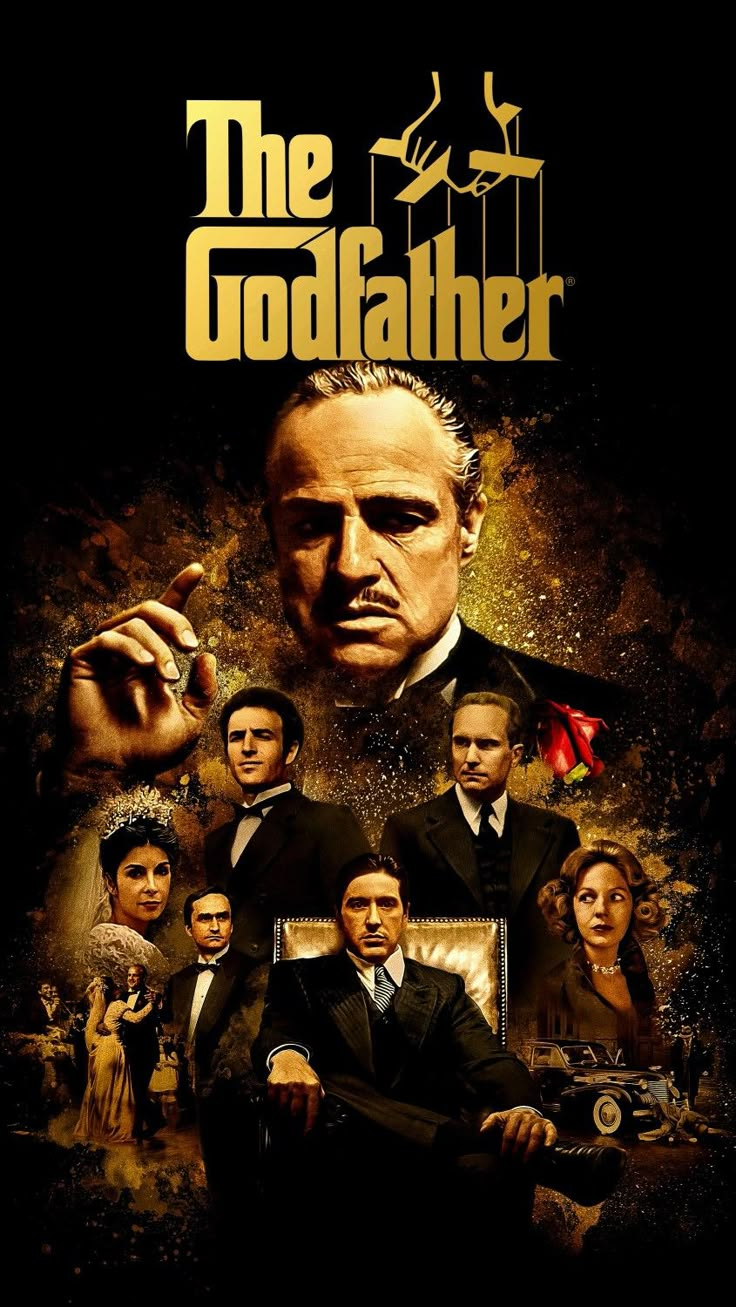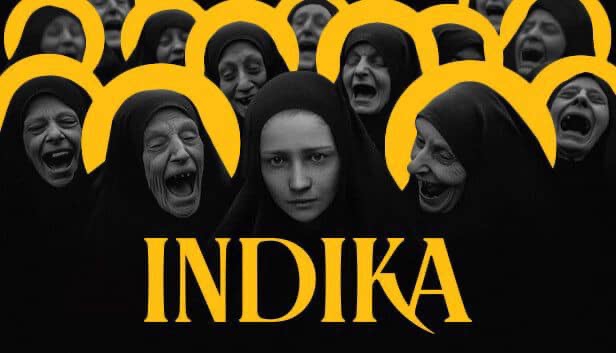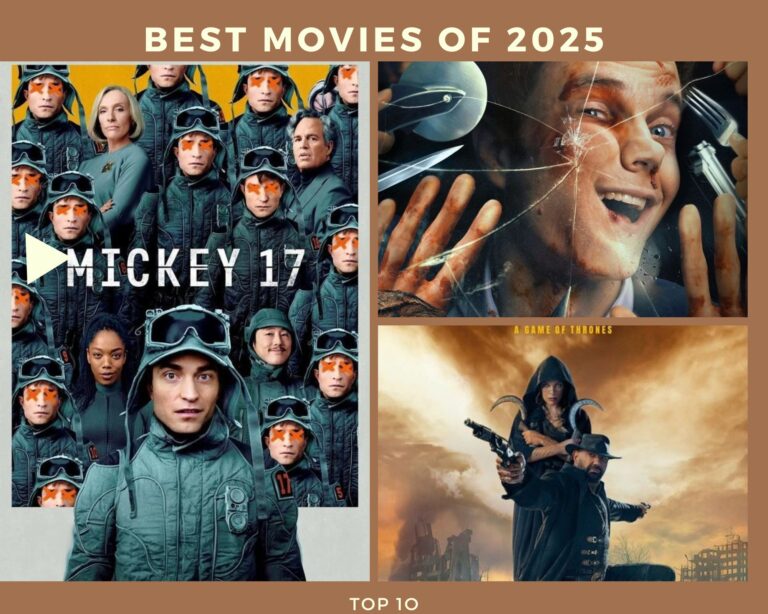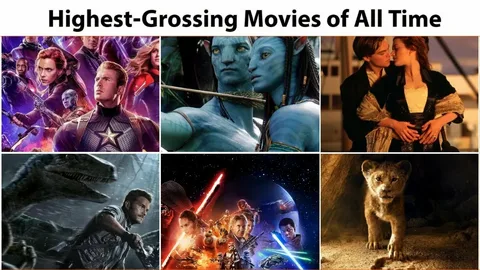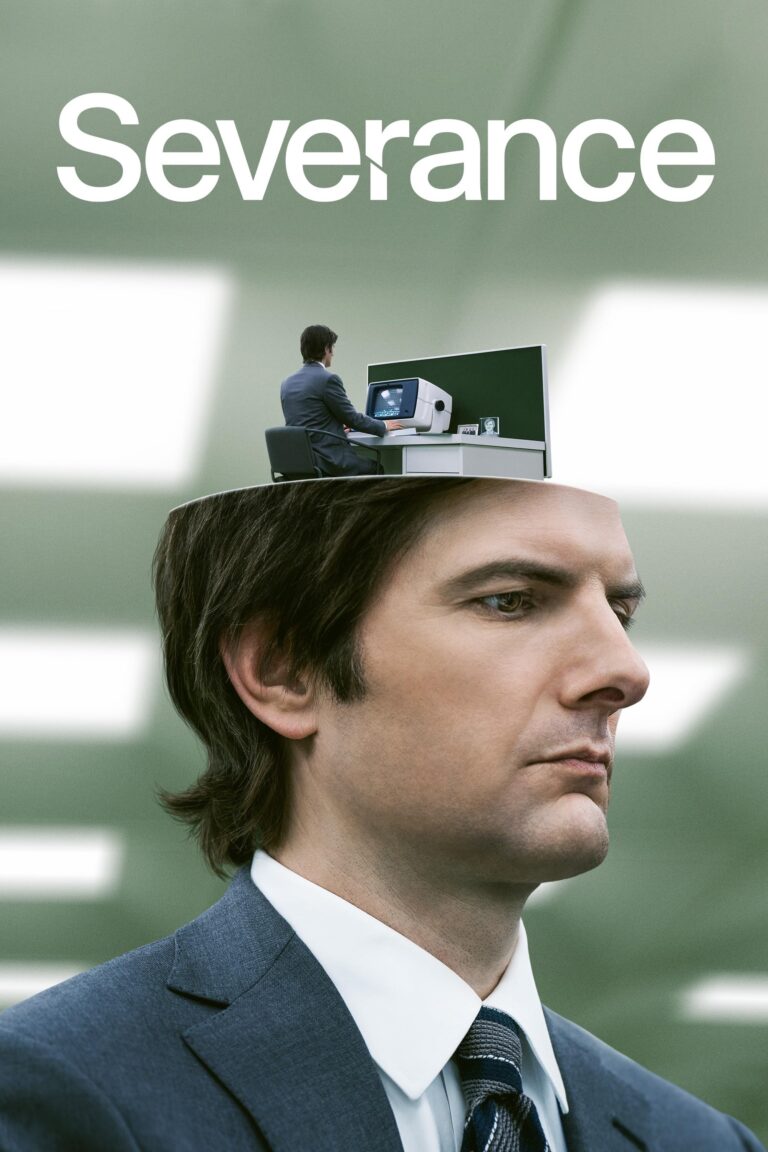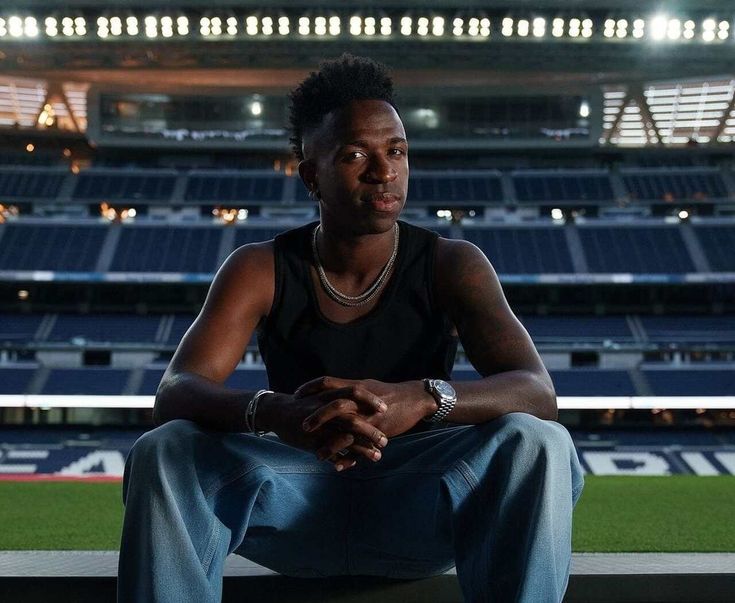The Best Movie of 1974: The Godfather Part II0 (0)
The Best Movie of 1974: The Godfather Part II
1974 was a landmark year in cinema history and Hollywood. Producing some of the most iconic films ever. However, one film stood above the rest: The Godfather Part II. Directed by Francis Ford Coppola, this masterpiece is regarded not only as the best film of 1974 but also as one of the greatest sequels ever made.
The Making of a Masterpiece
Following the overwhelming success of The Godfather (1972), Paramount Pictures and Coppola faced the daunting task of crafting a sequel that could live up to the original. Rather than creating a conventional follow-up, Coppola and writer Mario Puzo decided to take a dual-narrative approach, intertwining the rise of a young Vito Corleone (Robert De Niro) with the continued story of his son, Michael Corleone (Al Pacino), as he consolidates power as the head of the Corleone crime family.
The film was shot in various locations, including New York, the Dominican Republic (standing in for Cuba), and Sicily, creating a grand, immersive experience that captured the transition between two eras in the Corleone saga.
A Groundbreaking Storytelling Approach
Unlike its predecessor, which focused primarily on Michael’s reluctant descent into the world of organized crime, The Godfather Part II juxtaposes two parallel narratives:
- The Rise of Vito Corleone: The film chronicles Vito’s early life in Sicily, his immigration to New York, and his gradual ascent to power. Robert De Niro delivers a stunning performance, capturing the quiet intensity and strategic brilliance of the young Don Corleone.
- Michael Corleone’s Downfall: As Michael expands the family’s influence, his paranoia and ruthlessness escalate, leading to betrayal, isolation, and the loss of his closest relationships. His descent into darkness is a stark contrast to Vito’s rise, showcasing the cost of power and ambition.
Unparalleled Performances
The acting in The Godfather Part II is nothing short of extraordinary. Al Pacino delivers one of the greatest performances in cinematic history, portraying Michael Corleone’s transformation from a calculating leader to a cold, emotionally detached figure. Robert De Niro, in a role that won him an Academy Award for Best Supporting Actor, masterfully embodies a young Vito Corleone, seamlessly mirroring Marlon Brando’s portrayal from the first film.
Other notable performances include:
- Robert Duvall as Tom Hagen, the family’s loyal consigliere, who struggles to navigate the shifting power dynamics.
- John Cazale as Fredo Corleone, whose tragic arc culminates in one of the most heartbreaking betrayals in film history.
- Diane Keaton as Kay Adams-Corleone, delivers a powerful performance as Michael’s disillusioned wife, culminating in a chilling confrontation.
Critical and Commercial Success
Upon its release, The Godfather Part II was met with widespread acclaim. Critics praised its ambitious storytelling, masterful direction, and outstanding performances. The film went on to receive eleven Academy Award nominations and won six, including Best Picture, Best Director, Best Supporting Actor (De Niro), and Best Adapted Screenplay. This made it the first sequel in history to win Best Picture, a feat that remained unmatched until The Lord of the Rings: The Return of the King in 2003.
At the box office, the film was a significant success, grossing over $93 million worldwide—a remarkable achievement for the time.
Legacy and Influence
Nearly five decades later, The Godfather Part II remains one of the most celebrated films ever made. Its influence on cinema is undeniable, shaping the way sequels and crime dramas are crafted. Directors such as Martin Scorsese, Christopher Nolan, and Quentin Tarantino have cited the film as a major inspiration.
Moreover, The Godfather Part II continues to be studied in film schools and is revered by critics and audiences alike. Its themes of power, loyalty, betrayal, and the American Dream have ensured its place as one of the most enduring films of all time.
While 1974 saw the release of several remarkable films, including Chinatown, Blazing Saddles, and The Conversation, none matched the cinematic brilliance of The Godfather Part II. With its groundbreaking storytelling, phenomenal performances, and profound themes, it not only defined the year but also secured its place as one of the greatest films in the history of cinema.
